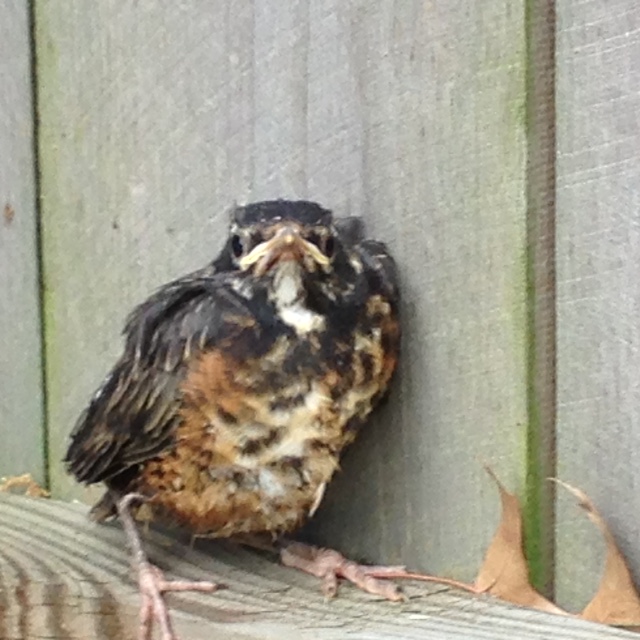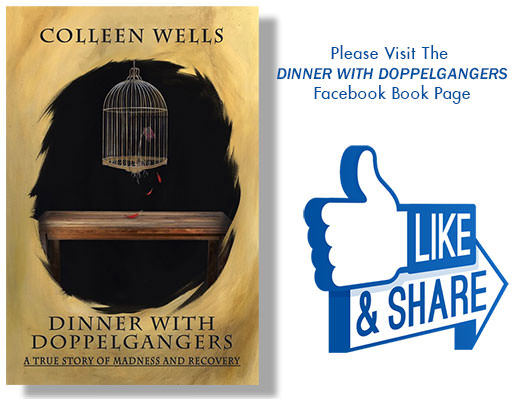So I’ve finally decided to take the plunge and get certified to teach, and I’ve already encountered my first hurdle. The program I’m looking into requires taking the MAT (Miller Analogies Test) for admittance. I’m told by an admissions counselor that it is a broad-based test and almost impossible to study for. She directs me to the website where I can view sample questions.
I decide not to listen to her and purchase a thick, purple study-guide for twenty dollars. For the next few weeks me and the 342-page book are inseparable. I crack it open first thing in the morning, and thumb through it throughout the day. I take it with me in the car, and on a weekend trip to Chattanooga. I even sleep with it much to my husband Rick’s annoyance as he rolls over on it a lot.
The book is chock-full of practice tests on the content areas of vocabulary, art and literature, history and social sciences and science and math.
I read up on everything from Norse Mythology to Taxonomy (the classification of living things). Thor is associated with thunder and the day of the week, Thursday. Things whose cells do not have distinct nuclei, like bacteria, belong in the kingdom Moneran. This seems scholastically palatable, but I may also need to know Avogadro’s number which is “A unit of relative quantity equal to the number of atoms or molecules per mole of a substance. The currently accepted value is 6.022 141 99 x 1023 per mole,” according to my study guide.
Before studying I never knew that “avoirdupois” is a “fancy name for the weight scale based on a pound containing 16 ounces” or that it was Sir Edmund Percival Hillary “whose expedition was the first to reach the top of Mount Everest on May 29, 1953.”
Okay, maybe it’s not as bad as I’m making it out to be. I’ve always been an avid learner and on the bright side I should be able to breeze through literary figures. However I learn on a practice test that this is not so.
Here’s an example of one I missed:
“CLEMENS: DODGSON:: TWAIN: (a. Charles, b. Eliot, c. Carroll, d. Sinclair).”
The answer is c: Carroll, because Twain was the nom de plume of Clemens and Charles Dodgson’s was Lewis Carroll.
Before the test I had not even heard of the term nom de plume.
This particular question is in the middle of the test where the moderately difficult questions are located. Supposedly the exam progresses from easier to most difficult.
There are 120 questions on the MAT. In this same practice test question number 114 reads, “WHALE: CROW:: POD: (a. fleet, b. murder, c. jury, d. cabal).
The answer is b. “A group of whales is called a pod, and a group of crows is called a murder. Somehow I missed that tidbit of information in my study guide and guessed “fleet” instead.
Our kids are fascinated by the MAT. I read the questions aloud to my family while taking a practice test in the car.
“Abstract Expressionism, Mom,” says Yakob when I get to a question about various artists and the movement with which they are associated. I select “surrealism” instead and later when I check my answers it turns out Yakob, who is only eleven, was right.
“How long until you take the test?” implores Ayalkbet.
“Three more days,” I say glumly as I tally my score. It ends up being 53/120.
I’m beside myself with worry on the day of the test. I have to eat a TUMS en route to the exam because I’m so nauseated. Rick drives and I do some last minute studying in the car. I still haven’t gotten the numerical value of all the Roman numerals committed to memory.
Even though I arrive at the testing site on the university campus fifteen minutes early I’m still the last one to enter the room. There is a line of people waiting to sign in and pay the $55 fee. It takes twenty minutes to go through the preliminary instructions and fill in the bubbles with our contact information. My anxiety mounts with each passing moment. We are told we have an hour to complete the test and we’ll be notified only when there are five minutes left.
As I take the exam I spend a lot of time filling in my bubbles darkly and completely. I can’t detect any progression of difficulty in the questions—they’re all hard!
There are a scant few analogies I answer with confidence, knowing for example that if I hadn’t studied I wouldn’t know that “cuneiform” refers to an ancient Chinese writing form or that “vena cava” is part of the heart.
I skip several questions intending to go back to them at the end, but when I’m just at question 108 the proctor gives us the five-minute warning. I fill in “bs” for my skipped questions because a glance at my answer sheet tells me that I hardly ever selected “b” as an answer, and surely there must be some “b”s for answers.
We’re told to put down our pencils when I’m on question 114. I kick myself for being so anal about filling in the bubbles with perfection, which took precious time.
On the way out of the building a fellow test-taker says, “That’s the weirdest test ever.”
I shake my head in agreement, and look down in defeat.
Outside I take a seat on a bench while waiting for Rick and stare at a squirrel setting in the opening of a trash can by the building. (A squirrel is granivorous, meaning it is an animal that eats mostly grains or nuts.) I fish some twizzlers from my purse, attempting to comfort myself by eating the candy. The squirrel is gnawing on a nut. While he seems to be enjoying the snack, I’m still feeling “dyspeptic” and “benighted” after taking the test. You can look those words up. They’re both in the vocabulary section of Kaplan’s 2009-2010 edition of the MAT study guide.
I think to myself that perhaps the worst part of the MAT is knowing that I won’t get my results for 2-3 weeks, and that if I don’t get at least a 363 (however that is calculated), I’ll be taking the damn thing again.
 I recently gave some advice to an aspiring writer. I felt a little funny prescribing my beliefs to her. Who am I to say what you must do to become a writer? And yet, there are certain things I know many other writers believe in, things my writing mentors have taught me. So while the following are meant to be credos, they might not work for everyone.
I recently gave some advice to an aspiring writer. I felt a little funny prescribing my beliefs to her. Who am I to say what you must do to become a writer? And yet, there are certain things I know many other writers believe in, things my writing mentors have taught me. So while the following are meant to be credos, they might not work for everyone. In early May four robins hatched inside a nest perched up high on our downspout.
In early May four robins hatched inside a nest perched up high on our downspout.
